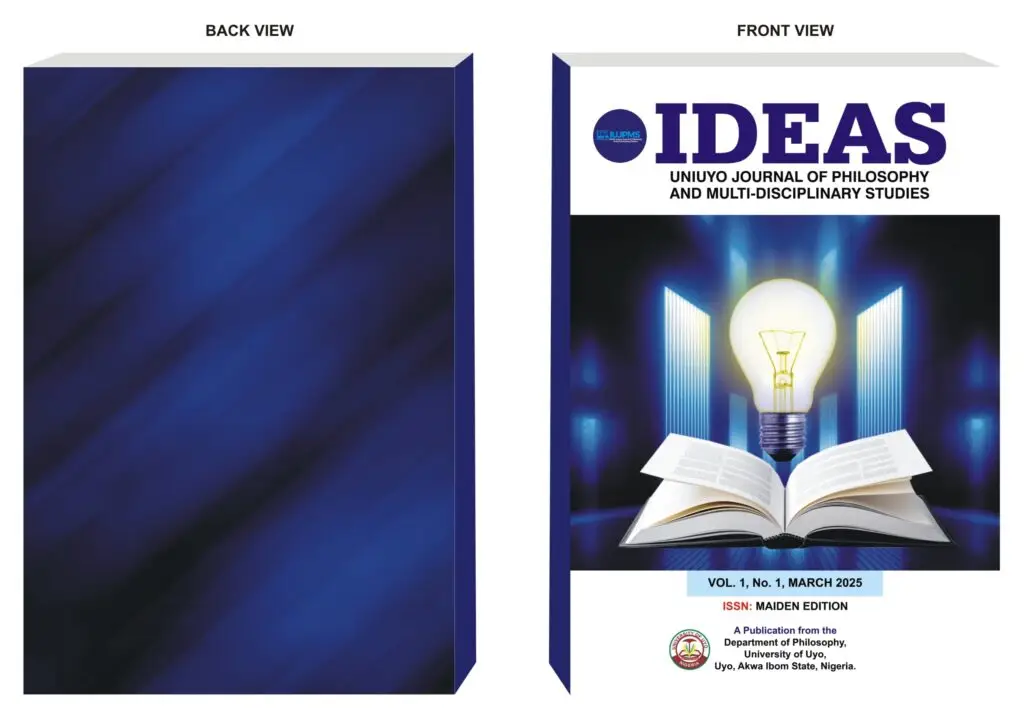International relations of the day have veered off their course of creating a global village to rather leave the world with several imbalances ranging from, but not limited to economic, political, and technological imbalances. Due to the potential chaos that is likely to arise from these imbalances, there have been some concerted efforts to bridge this gap to promote equality, transparency, and cooperation among countries. These have only led to international alliances that can be reduced to one-sided role performance where one party is in the zone of being the provider whilst the other partner is at the receiving end the mark of a provider dependent relationship. Employing a critical analysis, the relationship that is devoid of intellectual reciprocity becomes an imminent time bomb likely to plunge the global world into the very same problem they seek to address with these relations. The aim of examining the role of virtue in building strong international alliances while drawing lessons from Aristotle’s concept of friendship comes in handy and is meant to draw out the categories in which friendships latched onto provider dependent relationships fall and the flaws they come with. This will help to suggest the palpable footmark in building friendships capable of guiding the formation of international and political alliances among nations. The idea the paper seeks to project is that the shaping of our international political alliances is provided for by the intrinsic virtues of the perfect friendship of Aristotle in the Nichomachean Ethics
Written By
Prof. Andrew F. Uduigwomen
Department of Philosophy,
University of Calabar, Nigeria
Dr. Wilson K. Adegah
Department of Philosophy and Classics,
University of Cape Coast, Ghana

